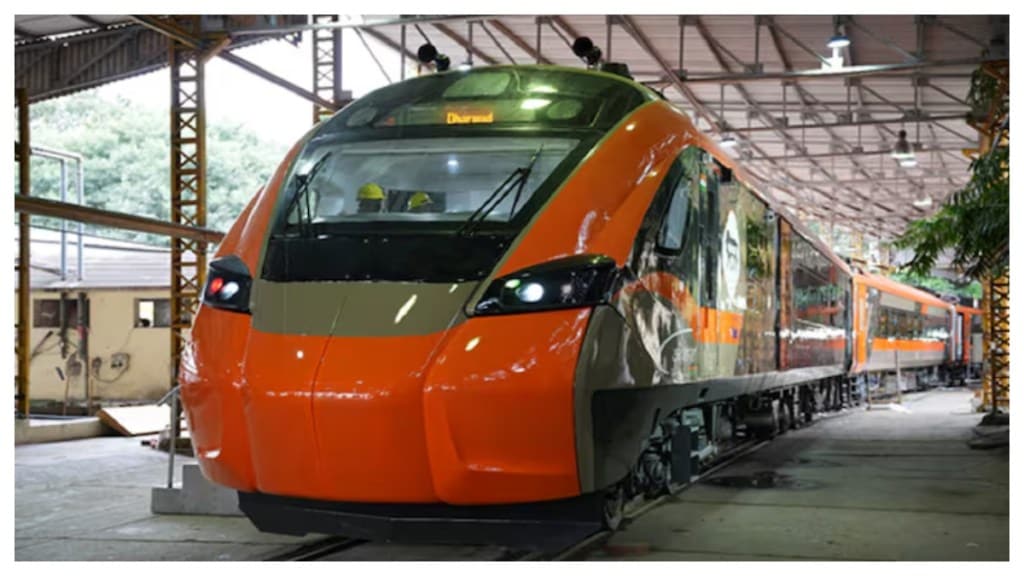TMC Rajya Sabha MP Saket Gokhale on Wednesday made some serious allegations regarding the rising costs of Vande Bharat sleeper trains, claiming that the price per train has surged by 50%. He asserted that the cost has escalated from Rs 290 crore to Rs 436 crore. In a post on X (formerly Twitter) earlier this week, Gokhale emphasized the implications of this alleged price hike, prompting Indian Railways to swiftly reject his claims as “misinformation” and “fake news.”
In response to Gokhale’s assertions, the railway ministry clarified that the increase in costs is attributed to the expansion of the train’s configuration—from 16 to 24 coaches—while keeping the total number of coaches in the contract unchanged. This adjustment, they explained, was made to accommodate the growing demand for train travel across the country.
Gokhale, however, dismissed the ministry’s explanation as “ridiculous,” arguing that contracts are awarded on a per-train basis, not per-coach. He pointed out that the costs associated with a train extend beyond merely assembling the coaches. In another post, he elaborated on the financial discrepancies, stating that a previously allocated budget of Rs 58,000 crores had been revised from 200 trains to just 133. This adjustment, according to Gokhale, has resulted in a shocking increase in the cost per train, raising concerns about the potential beneficiaries of this alleged scam.
The MP further explained that the railway contracts involve various stakeholders, including Rail Vikas Nigam Limited and the Russian company Metrowagonmash, which were awarded contracts for 120 Vande Bharat sleeper trains. Additionally, Titagarh Wagon and BHEL were contracted for 80 trains. Gokhale noted that a payment of Rs 26,000 crore was to be made upon delivery of the trains, with an additional Rs 32,000 crore allocated for maintenance, suggesting that the manufacturing cost per train stood at Rs 130 crore and maintenance at Rs 160 crore.
Moreover, Gokhale claimed that the contract terms were modified recently, leading to a reduction in the number of trains and an increase in maintenance costs. He indicated that the new manufacturing cost per train is now Rs 195 crore, while maintenance costs have risen to Rs 240 crore.
In response to these allegations, the Indian Railways reiterated its stance on September 16, asserting that the calculation for the cost of a train is based on the cost per coach multiplied by the total number of coaches. They insisted that the costs remain lower than industry benchmarks due to the transparency of the bidding process and the adjustments made to meet passenger demand. The ministry also highlighted that, despite the changes, the overall contract value has effectively decreased due to economies of scale resulting from longer trains.
As the debate continues, the implications of these financial allegations raise important questions about the procurement processes and cost management within the Indian railway system.
(With PTI Inputs)

